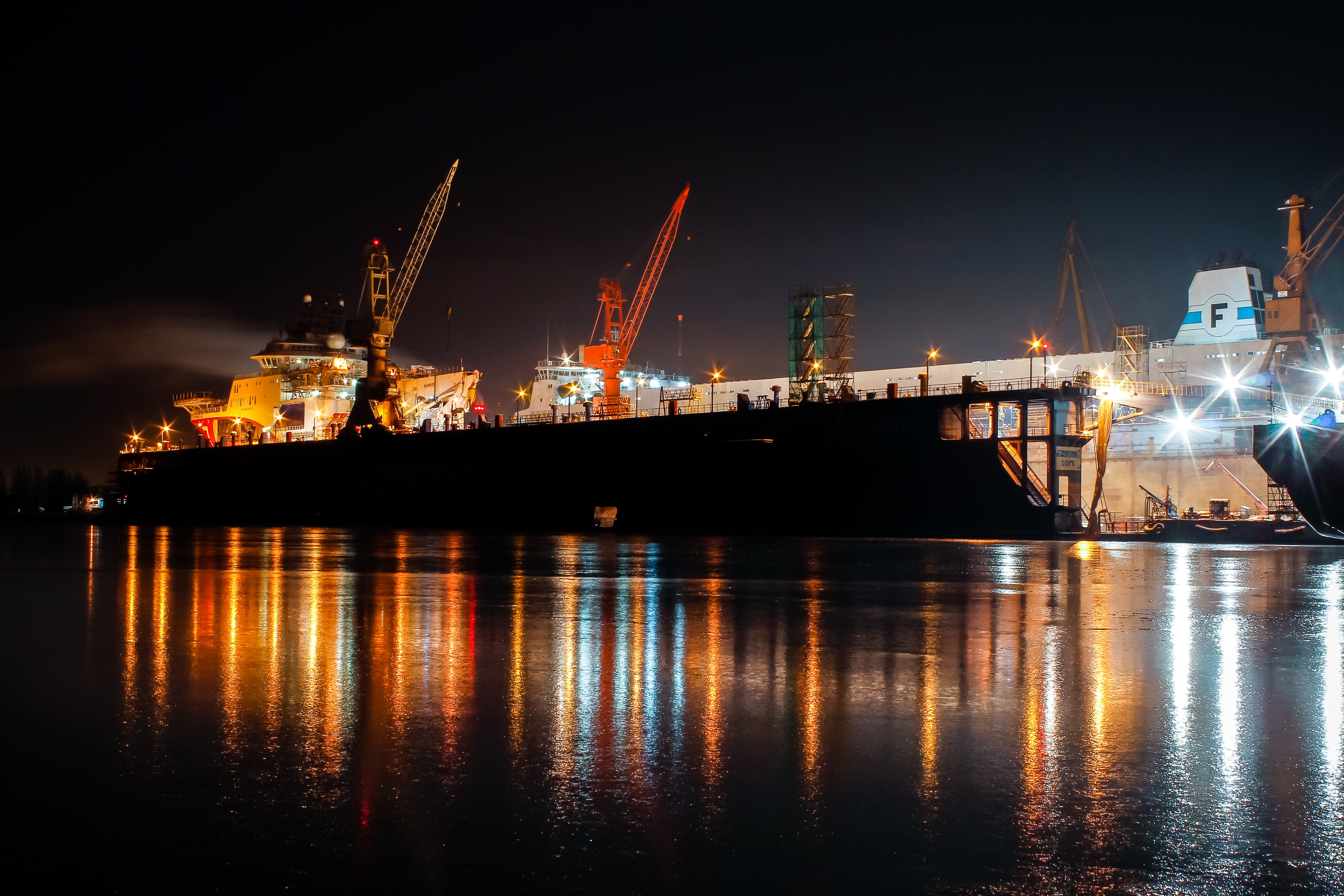
MARINE AND TERMINAL
YOUR PARTNER IN MARINE AND TEIRMINAL SOLUTIONS
Marine & Terminal
In the marine industry, electrical systems are used to power the ship's propulsion system, navigation equipment, communication systems, lighting, and other essential components. The power for these systems is generated by onboard generators or by connecting to shore power when the ship is docked. The electrical systems must be designed to withstand the vibration and shock of the ship's motion and the corrosive effects of seawater.
In the terminal industry, electrical systems are used to power dockside equipment such as cranes, conveyor belts, fuel stations, and lighting. These systems must be designed to handle high voltages and currents, and they must be able to operate in all weather conditions. Electrical systems at terminals may also include backup generators and battery storage systems to ensure that operations can continue in the event of a power outage.
Safety is a paramount concern in the marine and terminal industry, and electrical systems must be designed and maintained to meet strict safety standards. This includes protecting against electric shock, fire, and explosion hazards. Regular inspections, testing, and maintenance are necessary to ensure the safe and reliable operation of these critical systems.
KJ is certified for intrinsically safe panels as well as hazardous location panels. This is vital in ensuring a safe electrical system, especially when it comes to fuel loading stations.
